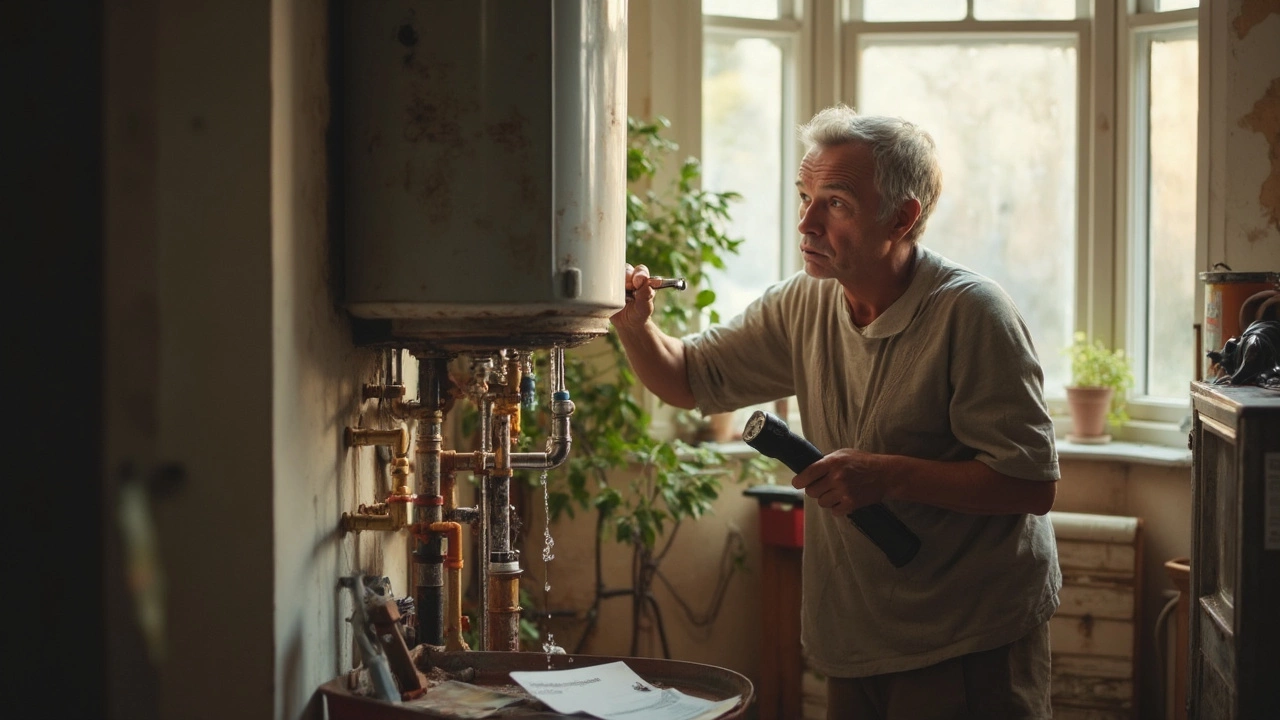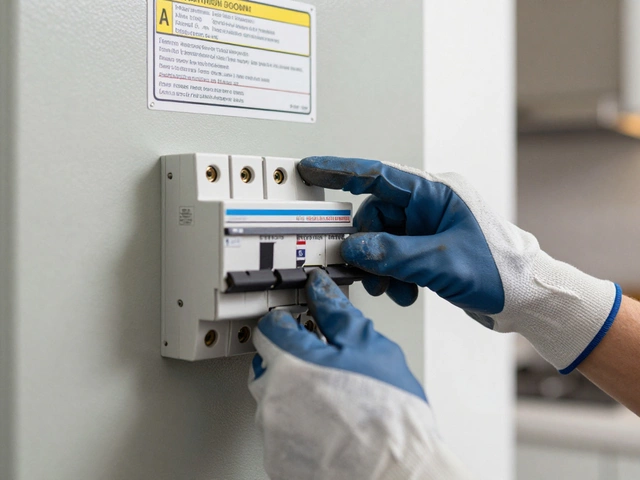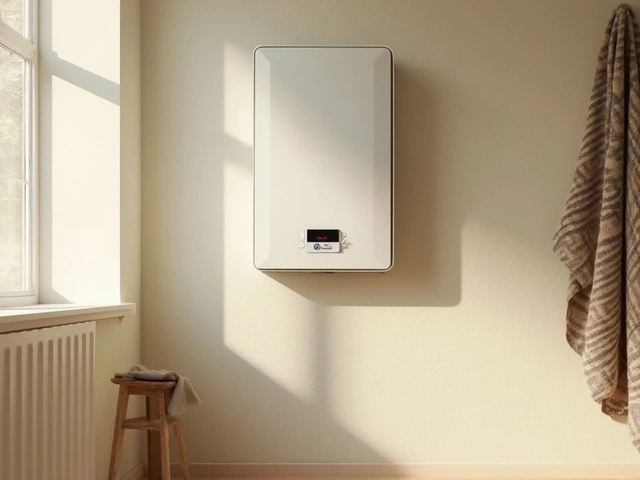Ever wonder why your fridge is humming but not cooling, or why the washing machine makes a grinding noise? Those are classic signs of failure that show up before a full‑blown breakdown. Spotting them early can save you time, money, and a lot of frustration.
Unusual noises. If a heat pump starts rattling, a dishwasher buzzes, or a dryer clunks, the motor or fan is probably wearing out. Don’t ignore squeaks or whines – they usually mean a part needs lubrication or replacement.
Temperature issues. A cold oven, lukewarm water from a hot water heater, or a fridge that stays warm are all red flags. These problems often point to faulty heating elements, thermostat failure, or low refrigerant.
Water leaks. Any puddle around a washing machine, dishwasher, or boiler signals a seal or hose problem. Leaks can cause rust, mold, and electrical hazards, so address them right away.
Cycle delays or errors. When an electric hob takes forever to heat up, or a heat pump won’t blow warm air, the control board or sensor is likely failing. Error codes on digital displays are the appliance’s way of shouting for help.
Excessive energy use. A spike in your electricity bill could mean an ageing fridge, a faulty compressor, or a heating element that never fully turns off. Monitoring usage helps you catch hidden inefficiencies.
If you notice any of the above signs, start with a quick safety check: unplug the appliance, look for visible damage, and clear any debris. Simple fixes like cleaning a filter or tightening a loose screw can solve the problem.
However, once you see repeated error codes, persistent leaks, or electrical smells, it’s time to call in a pro. Trying to repair a gas boiler, a high‑pressure water heater, or a complex heat‑pump system without proper training can be dangerous.
Professional technicians have the right tools, parts, and knowledge to diagnose the root cause quickly. They’ll also give you a clear idea of whether repair or replacement makes the most sense for your budget.
Remember, early action pays off. Fixing a faulty oven element now is cheaper than replacing the whole oven later. Replacing a worn‑out fan on a kitchen extractor saves you from mold and poor air quality.
Keep an eye on the signs, run a quick check when something feels off, and don’t wait for a total failure. Your appliances will thank you with fewer breakdowns and longer life.

Wondering if your hot water heater is about to quit? This article breaks down the most common signs that your water heater needs to be replaced, from strange noises to rusty water. Find out how long these tanks usually last, what to look for during regular maintenance, and how to handle sudden issues. You'll get practical tips to keep your heater running smoothly and avoid a cold shower surprise. If you've ever worried about flooding, energy bills, or weird knocking, this is for you.

Learn how to safely fix a burnt electric hob by checking the element, testing with a multimeter, replacing parts, and preventing future damage. Avoid fire risks with these step-by-step tips.

Deciding whether to repair or replace a dishwasher can be challenging. This article explores factors like cost, lifespan, and environmental impact to help homeowners make an informed decision. Learn about common dishwasher issues and repair tips to prolong its life. Evaluate professional repair services versus DIY fixes and consider when it's time to let go and invest in a new appliance.

Extractor fans play a pivotal role in maintaining air quality in kitchens and bathrooms by expelling moisture, odors, and smoke. If your extractor fan suddenly stops working, it can lead to persistent humidity or unpleasant smells. This guide provides practical steps for diagnosing and fixing common issues that can cause an extractor fan to malfunction. From checking power supply and fuses to cleaning and replacing parts, understanding the intricacies can save you time and money. By following these steps, you can restore your extractor fan’s functionality and maintain a comfortable home environment.

Troubles with your water heater might mean it needs a reset. Knowing when and how to reset it can prevent cold showers and unnecessary stress. This guide covers signs your water heater needs resetting, why it's important, and how to do it safely. Plus, learn some handy maintenance tips to keep it running smoothly.

Microwave suddenly dead? It might be the fuse. This article breaks down the real cost of repairing a microwave fuse—parts, labor, hidden fees, and whether you should DIY. You'll get practical tips on when to call a pro, what brands cost more, and how to avoid common mistakes. A straightforward guide to help you fix your microwave without overspending.